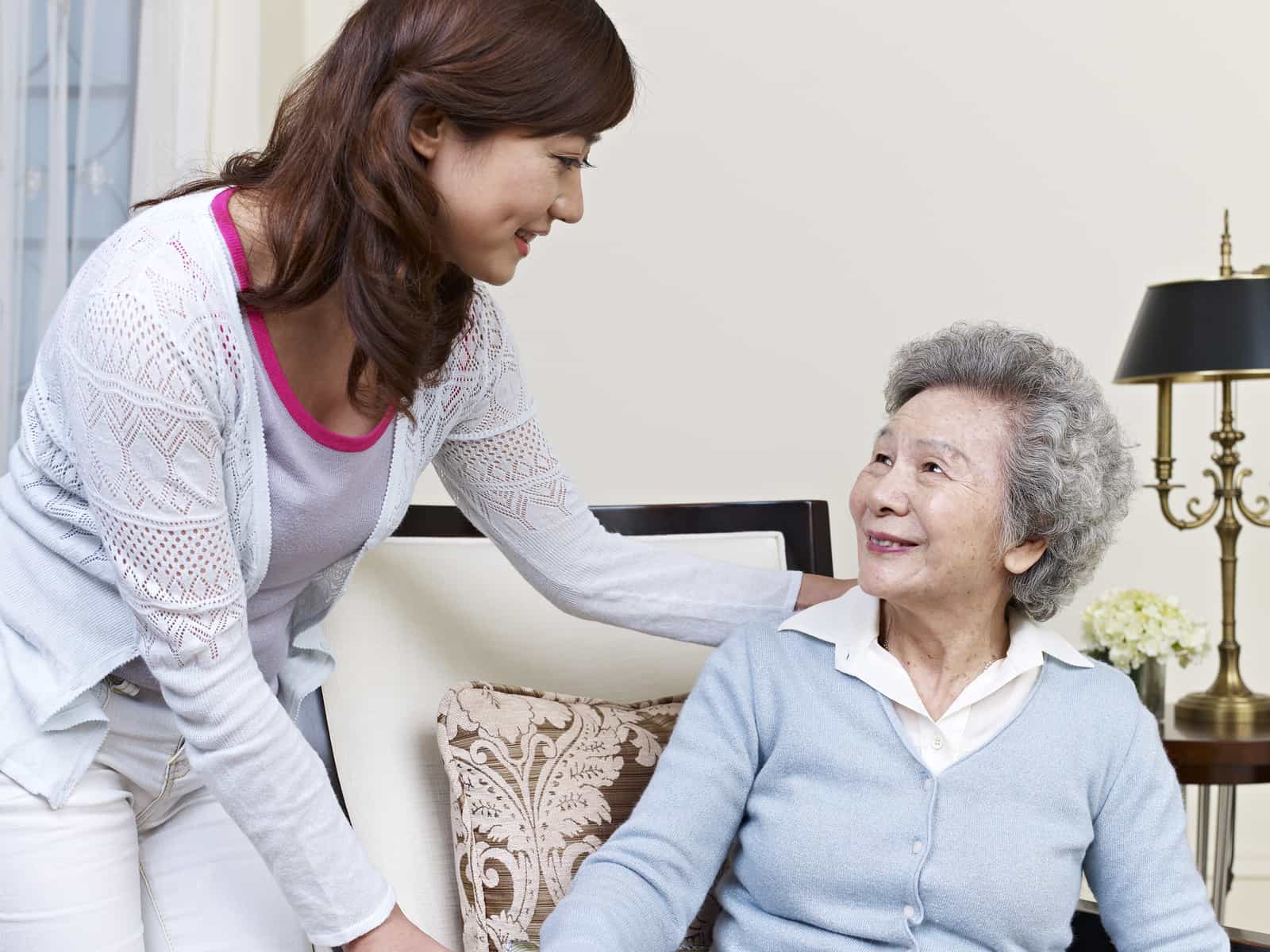
Graduations, weddings, new babies and birthdays are typically considered life’s “big events,” but welcoming an elderly parent into your home is one, too. Thankfully, it can be an equally happy one, if you’re equipped with the tools you need. The transition of responsibility — from parents caring for you to you now caring for elderly parents — can be a smooth, enjoyable time for everyone. Here are some tips to consider as you embark on this new journey together.
Be a Sweet Suitemate
You’ve likely thought long and hard about having your parent move into your home. Before making the move, start stashing away extra funds for hospitable touches like a private kitchenette, grab bars or even stair lifts, depending on your parent’s particular needs. Adjust your own financial expectations for caring for elderly parents by taking a quick look at the potential costs published by the American Association of Retired Persons (AARP). Build anticipation with younger family members by reading upbeat children’s books that depict grandparents in dependent roles, like Grandma’s Moving In! by Stephanie M. Cone.
Reorganize Your Time
Let’s be honest: Taking on the role of caregiver will take time — at first. As you learn what your “new normal” means, anticipate challenging schedule changes that require flexibility from everyone involved. Talk with your boss ASAP, so they’re ready to support you if you need it.
Read up on how to talk with medical personnel, manage medicines for your elderly parent (the National Institute on Aging provides some great tips), plan for legal changes, encourage a light exercise habit and serve healthy meals. AARP offers a caregiver checklist to help you ensure all your bases are covered.
If this sounds like a lot, you’re right, it is. But remember, the heaviest investment of time is often in the beginning.
Prepare Your Emotions
Next, talk with your parents. How do they feel about the next chapter? Discussing emotions up front helps families work through them together. Know that this is an emotional journey for all involved. Give grace to yourself and to family members, who may become unpredictable as they process their emotions.
Consider seeking professional help from a doctor or social worker if you or anyone in your family has overwhelming feelings that do not even out or resolve over time. PBS has a self-assessment that can help gauge a caregiver’s stress level and determine next steps.
Seek Support
You don’t have to do this alone. Seek support from local caregiver meet-ups, places of worship or online support groups.
Consider looking into your LifeCare® Work-Life Employee Assistance Program (EAP), which may help provide caregiver assistance when you need a break. You may also have the option of a flexible spending account (FSA), which lets you apply pretax funds to the costs of caring for elderly parents and other dependents. Your employee benefits are there to help you, and taking advantage of them can help everyone involved.
Enjoy the Ride
When you take the time to prepare for this change in your relationship with your loved one — physically, mentally and emotionally — keep the lines of communication open, and seek and accept help. Being a caregiver can be a rewarding experience. Enjoy your parents in their golden years and relish the opportunity to care for them as they cared for you.
As you become more knowledgeable, you’ll find each task takes less time. You and your aging parent will settle into a routine that allows for a more flexible regimen. You’ll even get to a place where you have time to reminisce together, tackle puzzles, discuss current events and enjoy each other’s company.






